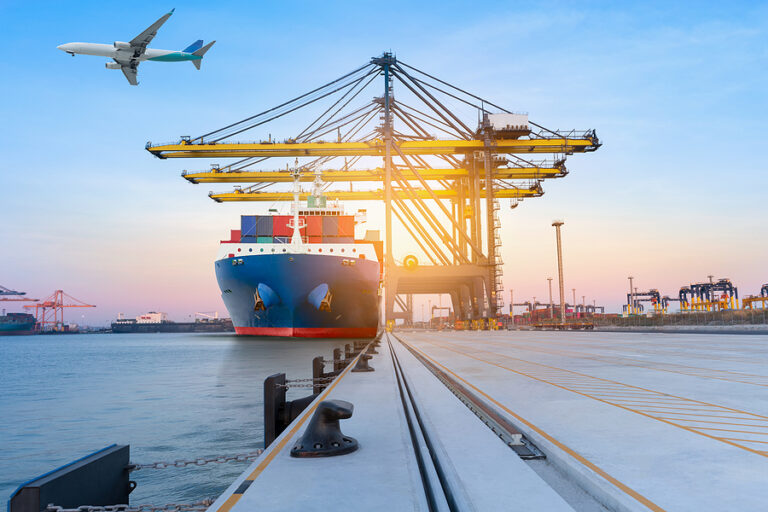A call has been issued to the government by the UK ports industry to supercharge the delivery of energy network infrastructure so that ports can serve as hubs for freight transport decarbonisation on both land and water.

Sector bosses want to see new research and a transformational funding programme introduced to help drive this step change, with ports around the country already committed to helping the UK transition to a net zero future.
For example, significant investment has been seen in zero and low emissions equipment, as well as energy generation. Ports also serve as important hubfs for offshore wind, being used as construction and operation bases, as well as decommissioning sites.
But, while they’re now keen to take their ambitions even further, they’re being hindered by a lack of electricity capacity in their local areas. The extra electricity required to charge ships can be as high as that for the portside towns.
The sector is now calling for a new energy infrastructure programme and an expansion of the government’s rapid charging fund to deliver greater capacity in port areas.
Tim Morris, chief executive of the UK Major Ports Group, observed that significant long-term investments from ports have helped boost jobs and prosperity.
He went on to add: “Government has a key role in enabling more investment and a critical area is in ensuring that there’s the right surrounding energy infrastructure to make the net zero transition we all want to see.”
Work is already underway in this regard, it would seem, with the government confirming earlier in the year that £12 million in funding has been made available to further research and development of zero emission maritime technologies, helping to tackle the problem of domestic shipping emissions.
Bulk handling companies could benefit from the advantages of an MHEA membership. Get in touch with us today to find out more.





